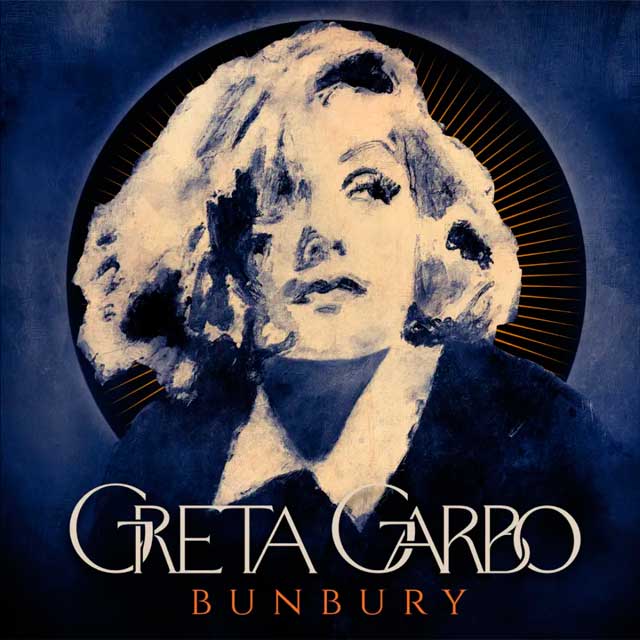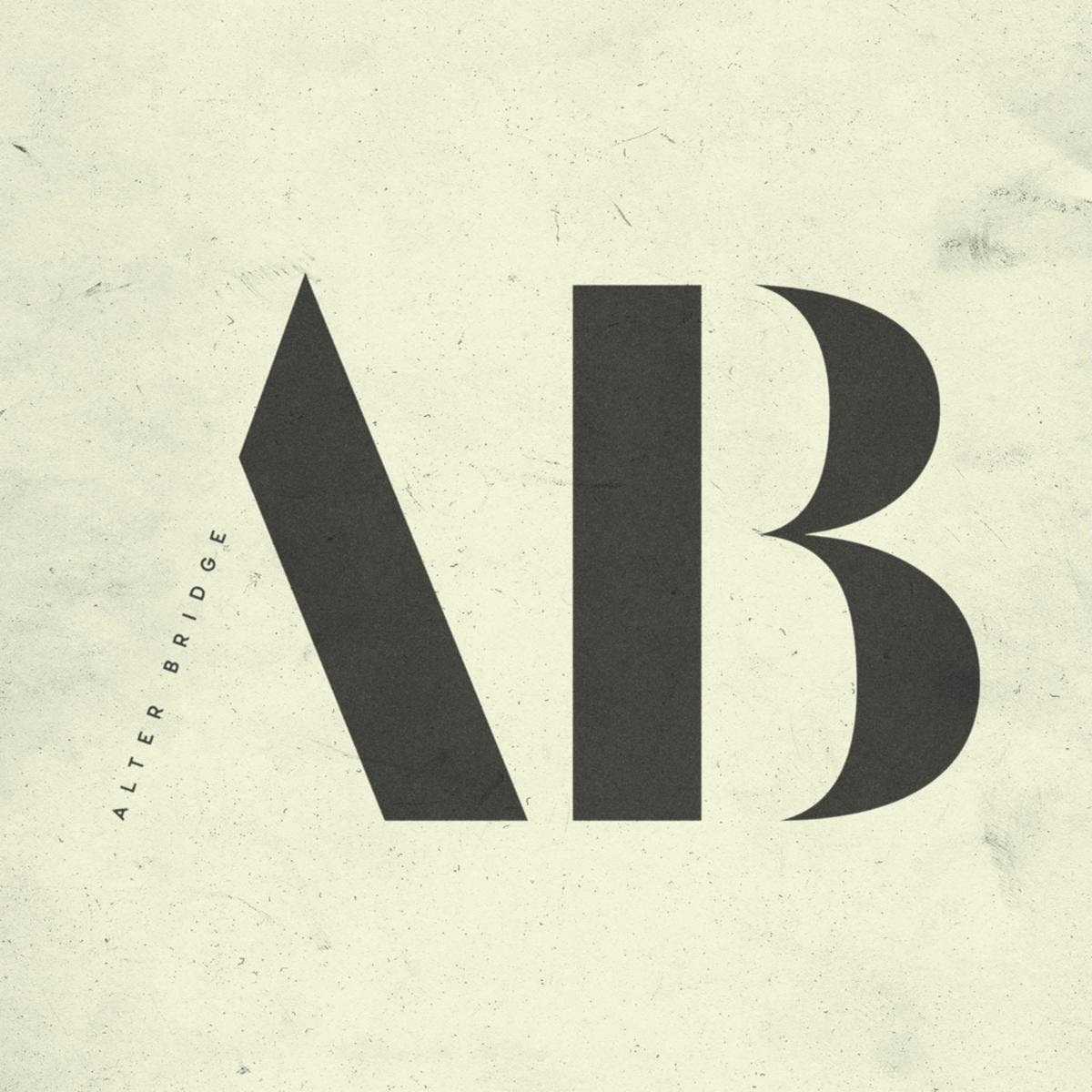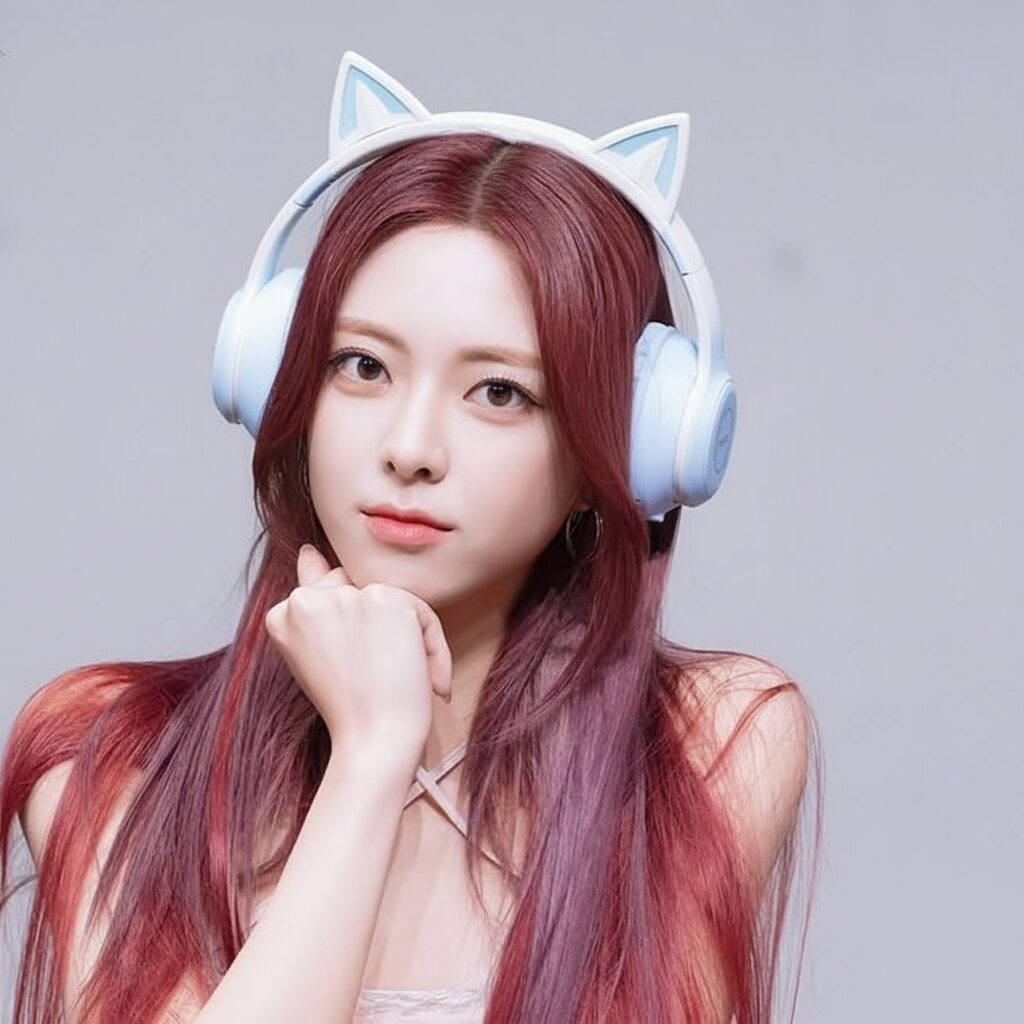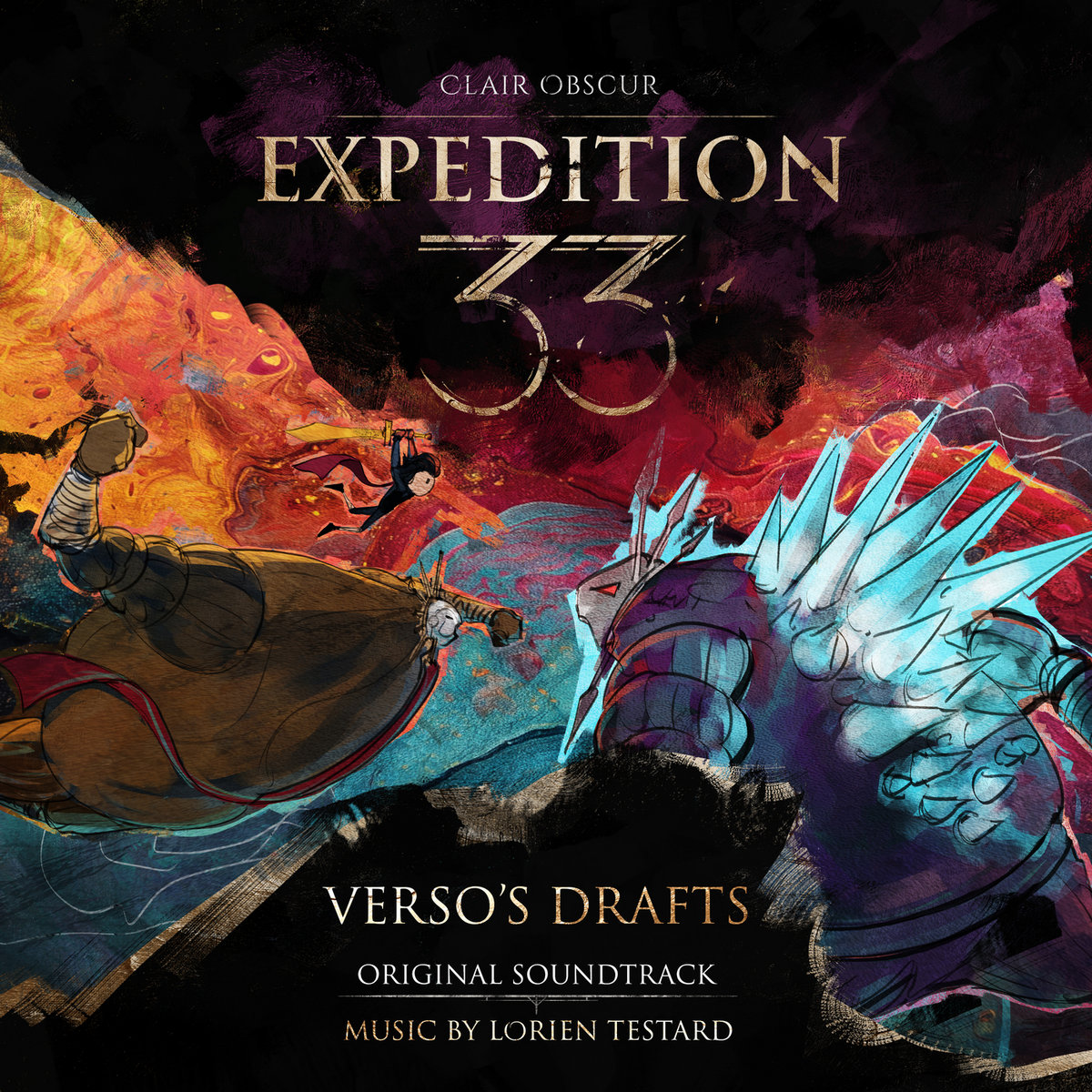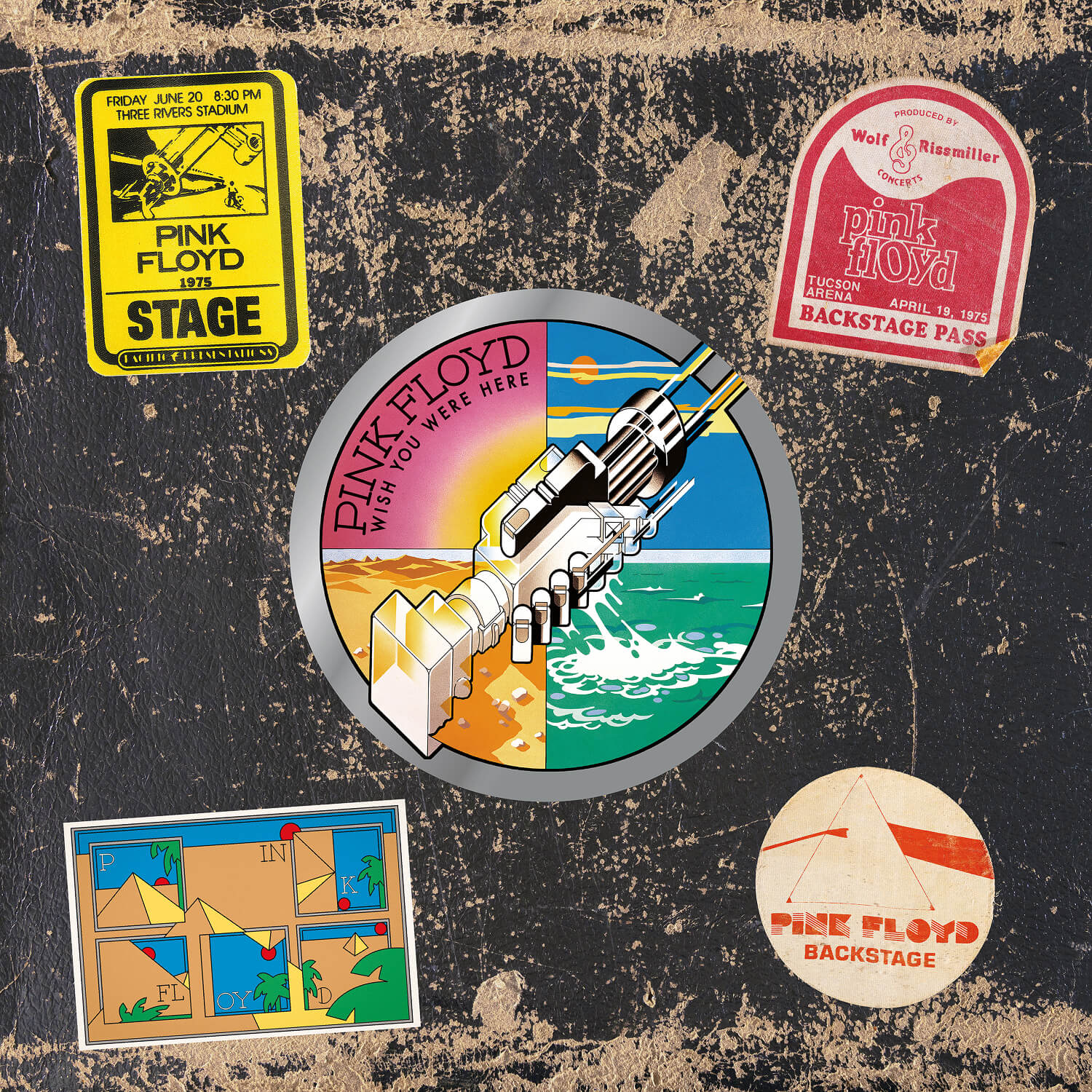When you’re a fan of Enrique Bunbury, you can be certain of one thing: there will be no shortage of new albums. Only since 2017, he has released 4 albums and an EP. Adding these to the previous ones, they total 13 solo studio albums (including the Unplugged). Now that he has announced his retirement from touring and live performances due to health reasons, we might even see an increase in the frequency of his releases.
“Greta Garbo” is the first album he has released since announcing his retirement from touring and live performances. Just like his previous albums (and following in the great tradition of Bowie), this release doesn’t follow the sound of his recent works.
While his direct predecessors, “Curso de Levitación Intensivo” and especially “Posible” (both released in 2020), were filled with synthesizers and complex layering of sounds, “Greta Garbo” is musically simple, with a straightforward and quite traditional pop-rock sound, even light. Rhythmic chords from relatively clean electric guitars, pianos, and a touch of organ, all over a basic rhythm. And that’s it.
It reminds me of the sound of the ’70s, which seems to be the sonic reference in “Greta Garbo.” “Para ser Inolvidables” even features a disco rhythm and an ending that strongly recalls Alan Parsons’ “I Robot.” “Invulnerables,” the first single released, makes me think of Talking Heads’ peculiar pop. A couple of songs seem to be directly based on the iconic rhythmic part from the middle section of Pink Floyd’s “Echoes.”
This may sound interesting when reading about it, but those moments only occur occasionally, and are few. The predominant sound of the album is that straightforward pop-rock that evokes the aesthetic of the 70s, which I find rather dull, and at times even tedious and overly sweet. Always within the same instrumental framework of simple arrangements, where you can perfectly hear the space between the instruments.
One thing I can highly appreciate is the use of clean pianos with sustained and harmonic chords, like in the ballad “Desaparecer” or in one of the darkest songs on the album, “La Tormenta Perfecta” (which also includes some delightful congas).
And speaking of darkness, when referring to Bunbury’s songs and albums, one must separate the musical aspect from the lyrical aspect, and I’m glad to report that at least in terms of lyrics, Bunbury remains as intricate and dark as ever.
In my opinion, the strength of the album lies in its lyrics. In previous albums, Bunbury has occasionally used a more direct and clear style. In “Greta Garbo,” he continues with the elaborate, dark, somewhat cryptic, and some would say philosophical lyrical pattern that has characterized his recent albums, starting with “Expectativas” (2017).
In my view, “Expectativas” is the first solo album of his career in which the lyrics clearly evoke the intensity and depth reminiscent of his time with Héroes del Silencio. Personally, it’s the Bunbury style I enjoy the most, so I’m pleased to find that element in “Greta Garbo,” where his effort and lyrical quality are evident.
Is “Greta Garbo” one of Bunbury’s essential albums? I don’t think so. However, it has its moments, and if you enjoy Bunbury’s music, I believe it’s an album worth listening to.

